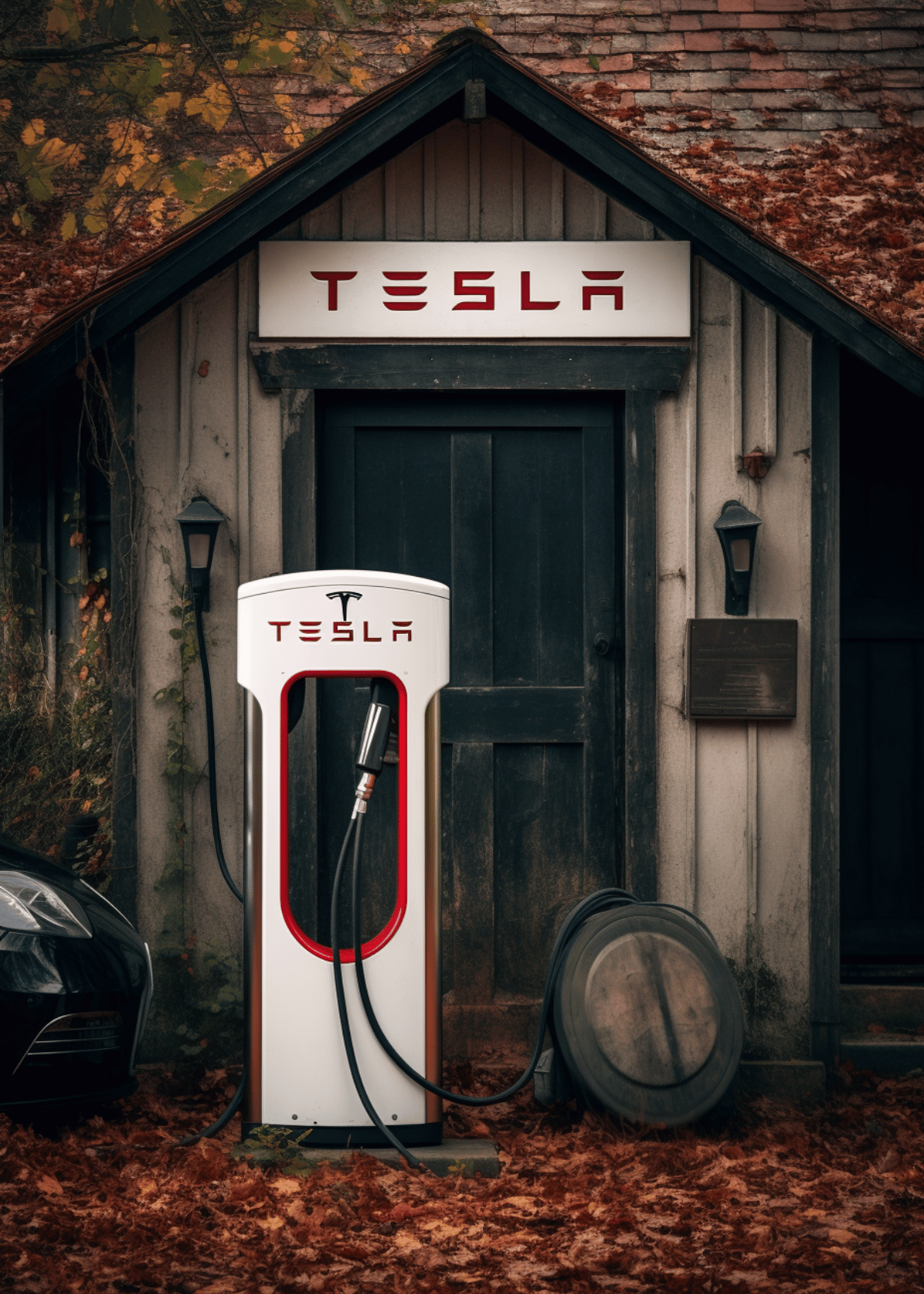The Future Is Electric: Everything You Need To Know About Home EV Chargers ⚡🚘

As the world transitions towards sustainable and eco-friendly solutions, electric vehicles (EVs) are gaining significant popularity. With the increase in the number of EV owners, the need for efficient and convenient charging options has become paramount. This is where home EV chargers come into the picture. In this article, we will explore the benefits, installation process, and various types of home EV chargers available today.
Why choose Home EV Chargers?
Home EV chargers offer numerous advantages compared to relying solely on public charging stations. Let's delve into some of the benefits:
- Convenience: With a home EV charger, you have the luxury of charging your electric vehicle from the comfort of your own home. Say goodbye to trips to the gas station or waiting in line at public charging stations. Simply plug in your EV overnight, and wake up to a fully charged vehicle ready for your daily commute.
- Cost Savings: Charging your electric car at home is generally more cost-effective compared to relying solely on public charging stations. By leveraging off-peak electricity rates and avoiding expensive charging fees, you can significantly reduce your overall charging costs.
- Flexibility: Home EV chargers offer the flexibility of charging your vehicle at any time that suits you. Whether it's during the day or night, you have complete control over when and how long you charge your EV, ensuring it's always ready for your next adventure.
- Increased Charging Speed: Home EV chargers typically provide faster charging speeds compared to standard wall outlets. With the right home charging setup, you can reduce your charging time significantly, allowing you to make the most of your electric vehicle without delays.
Installation Process:
Installing a home EV charger may seem daunting, but with the right resources and guidance, it can be a straightforward process. Here's a step-by-step guide to help you get started:
- Assess Your Electrical System: Before installing a home EV charger, it's essential to evaluate your existing electrical system's capabilities. You may need to consult a licensed electrician to ensure your electrical panel can handle the additional load required for charging your EV.
- Choose the Right Charger: There are various types of home EV chargers available in the market, including Level 1 and Level 2 chargers. Level 1 chargers use a standard 120-volt household outlet, while Level 2 chargers require a dedicated 240-volt circuit. Assess your charging needs and consult with a professional to determine the most suitable charger for your home.
- Prepare the Installation Area: Identify a suitable location for your home EV charger, preferably near your parking area. Ensure the installation area is clear of any obstructions and meets the necessary electrical and safety requirements.
- Hire a Professional: To ensure a safe and proper installation, it's crucial to hire a licensed electrician with experience in EV charger installations. They will handle the wiring, mounting, and necessary electrical work, ensuring your home EV charger is installed correctly.
- Test and Verify: Once the installation is complete, it's essential to test the functionality of your home EV charger. Confirm that the charger is providing the expected charging rate and that all safety features are operational.
Types of Home EV Chargers:
Home EV chargers come in various types and models, each with its own unique features and charging capabilities. Here are three popular options:
- Level 1 Chargers: Level 1 chargers are the most basic and affordable option for home charging. They utilize a standard household 120-volt outlet and provide a charging rate of around 2-5 miles per hour. While Level 1 chargers are slower than other options, they are suitable for overnight charging or for those with lighter daily driving needs.
- Level 2 Chargers: Level 2 chargers offer faster charging speeds than Level 1 chargers, making them a popular choice among EV owners. These chargers require a dedicated 240-volt circuit and provide a charging rate of around 10-30 miles per hour. Level 2 chargers are ideal for those with moderate to high daily driving needs or for those looking for quicker charging times.
- Smart Chargers: Smart chargers, also known as connected chargers, offer advanced features and connectivity options. These chargers can be controlled remotely via smartphone apps and often provide real-time charging data and energy management capabilities. Smart chargers offer convenience and allow users to optimize their charging schedules based on dynamic electricity pricing or renewable energy availability.
Conclusion:
Home EV chargers are revolutionizing the way we charge our electric vehicles. With their convenience, cost savings, and increased charging speeds, they provide an efficient and reliable solution for EV owners. By understanding the installation process and exploring various types of chargers available, you can make an informed choice that suits your charging needs. Embrace the future of electric vehicle charging and make your home EV-ready today!





